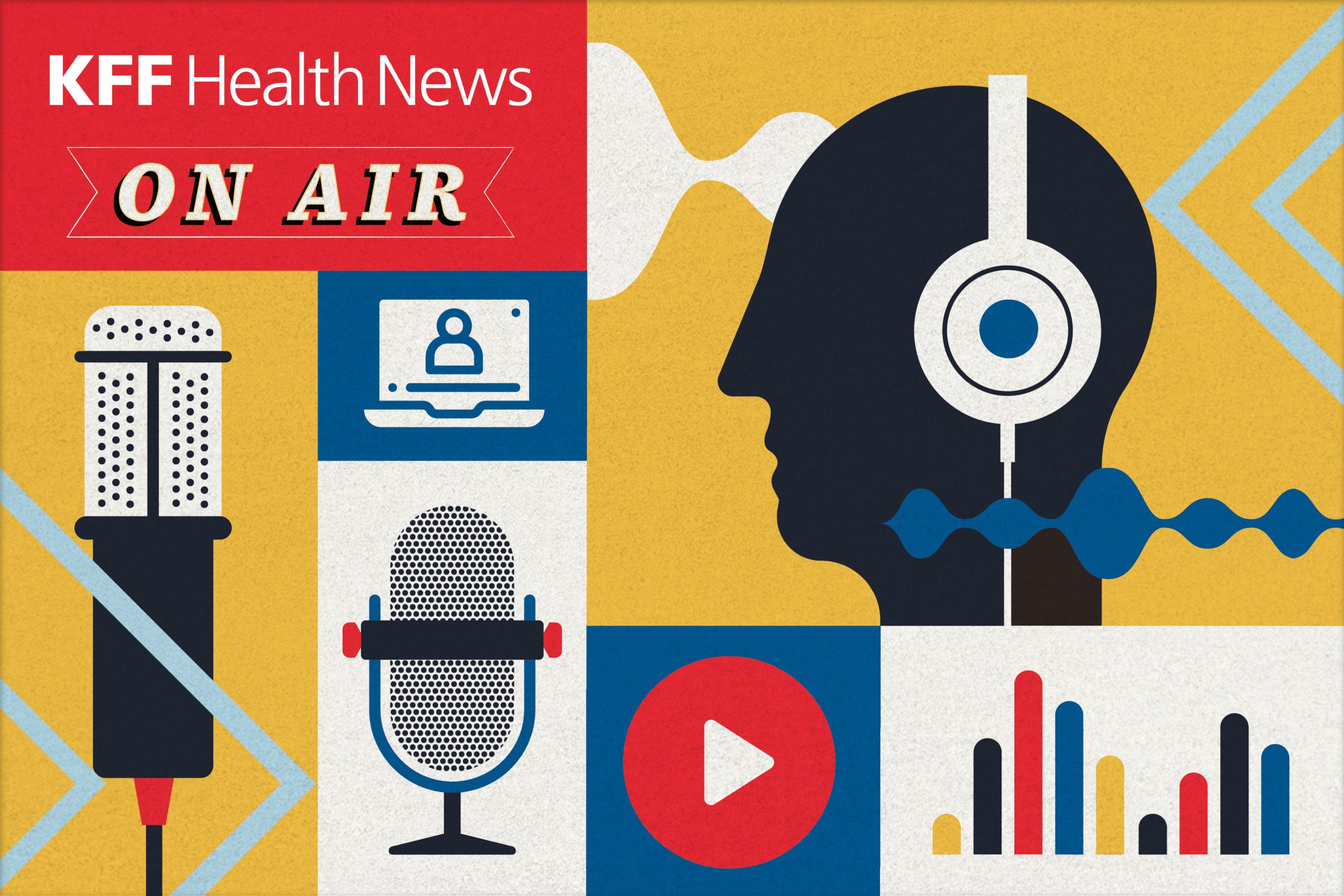The Host
President-elect Donald Trump is continuing to staff his incoming administration, and his picks so far for key health policy positions are particularly polarizing. He said he’ll nominate prominent vaccine skeptic Robert F. Kennedy Jr. to head the Department of Health and Human Services and Mehmet Oz — a controversial heart surgeon, former Senate candidate, and TV host — to run the Centers for Medicare & Medicaid Services, which oversees coverage for more than 160 million Americans.
Meanwhile, on Capitol Hill, the lame-duck Congress has just weeks to finish its work for the year, including health priorities such as pandemic preparedness, while the incoming Congress starts to lay out plans for changes to Medicaid and the Affordable Care Act.
This week’s panelists are Julie Rovner of KFF Health News, Rachel Cohrs Zhang of Stat, Riley Griffin of Bloomberg News, and Sandhya Raman of CQ Roll Call.
Among the takeaways from this week’s episode:
- Trump has named Kennedy as his choice for HHS secretary and Oz as head of CMS. Their appointments could create interesting tensions for Trump’s second administration. Kennedy’s crusade against ultra-processed foods could translate into more regulations in an otherwise regulation-averse administration, and Oz’s embrace of Medicare Advantage — a program that has drawn attention for costing more than traditional Medicare — could run afoul of efforts to slash government spending.
- There’s another facet of the Kennedy pick that could cause hiccups for the confirmation process: He supports abortion rights and is set to lead an agency that many in the GOP hope could play a major role in restricting abortion access nationwide. Could that detail prove problematic for Republican senators considering his nomination? Time will tell.
- With Trump transition officials vowing to clean house, especially among public health agencies, it is worth noting the broad authority granted to the HHS secretary. Congress regularly passes legislation that leaves the details to the agencies. The question, though, is how state health officials will interpret federal guidance — as considerable power on matters like vaccination policy is also left to the states.
- In the halls of Congress, congressional committees are poised for a shake-up. Many members of key health committees, such as the Energy and Commerce Committee in the House of Representatives and the Finance Committee in the Senate, are not returning. That personnel drain has broader implications: Those departing lawmakers take with them a lot of health policy knowledge.
Also this week, Rovner interviews Sarah Varney, who has been covering a trial in Idaho challenging the lack of medical exceptions in that state’s abortion ban.
Plus, for “extra credit” the panelists suggest health policy stories they read this week that they think you should read, too:
Julie Rovner: ProPublica’s “How Lincare Became a Multibillion-Dollar Medicare Scofflaw,” by Peter Elkind.
Sandhya Raman: ProPublica’s “How UnitedHealth’s Playbook for Limiting Mental Health Coverage Puts Countless Americans’ Treatment at Risk,” by Annie Waldman.
Riley Griffin: The New York Times’ “A.I. Chatbots Defeated Doctors at Diagnosing Illness,” by Gina Kolata.
Rachel Cohrs Zhang: CNBC’s “Dental Supply Stock Surges on RFK’s Anti-Fluoride Stance, Activist Involvement,” by Alex Harring.
Also mentioned in this week’s podcast:
To hear all our podcasts, click here.
And subscribe to KFF Health News’ “What the Health?” on Spotify, Apple Podcasts, Pocket Casts, or wherever you listen to podcasts.




